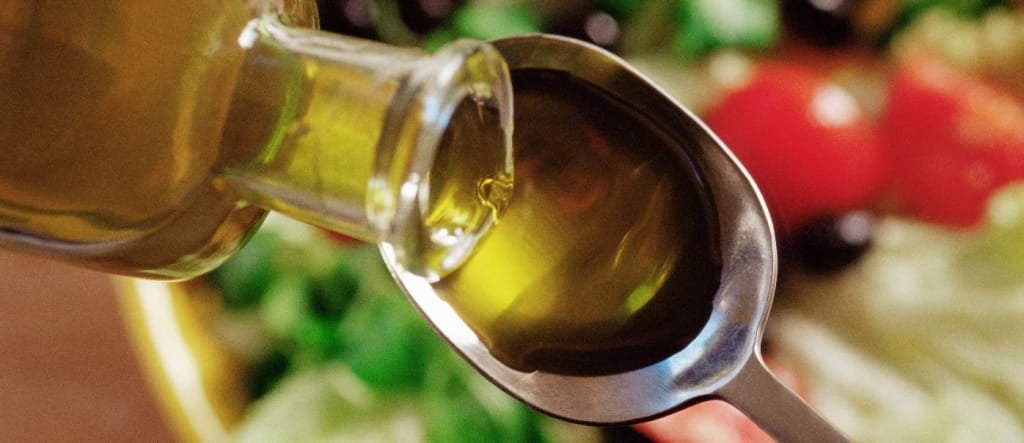
A Mediterranean diet rich in virgin olive oil may improve the function of “good” cholesterol in people at risk for heart disease, according to a new study.
A Mediterranean diet is based on the typical eating habits in countries that border the Mediterranean Sea. It includes dairy products, fish and poultry more so than red meat. Fruits, vegetables, bread and other cereals, potatoes, beans, nuts, seeds and olive oil also make up a Mediterranean diet, as does low to moderate amounts of wine.
HDL cholesterol -- the “good” cholesterol -- eliminates excess cholesterol from the bloodstream, whereas high levels of LDL, or “bad,” cholesterol and triglycerides, a type of blood fat, increase the risk of heart and blood vessel diseases.
“However, studies have shown that HDL doesn’t work as well in people at high risk for heart attacks, strokes and other cardiovascular diseases, and that the functional ability of HDL matters as much as its quantity,” said Montserrat Fitó, M.D., Ph.D., coordinator of the Cardiovascular Risk and Nutrition Research Group at the Hospital del Mar Medical Research Institute in Barcelona and at the Ciber of Physipathology of Obesity and Nutrition.
“At the same time, small-scale trials have shown that consuming antioxidant-rich foods like virgin olive oil, tomatoes and berries improved HDL function in humans,” Fitó said.
Researchers randomly assigned 296 people at high risk of cardiovascular disease participating in the PREDIMED (PREvención con DIeta MEDiterránea) study to one of three diets for a year: a traditional Mediterranean diet enriched with virgin olive oil (about 4 tablespoons) each day; a traditional Mediterranean diet enriched with extra nuts (about a fistful) each day; or a healthy control diet that reduced consumption of red meat, processed food, high-fat dairy products and sweets.
Only the control diet reduced total and LDL cholesterol levels. None of the diets increased HDL levels significantly. But the Mediterranean diet rich in virgin olive oil improved key HDL functions, including helping the body remove excess cholesterol from arteries, serving as an antioxidant, and keeping blood vessels open — all of which reduce cardiovascular risk.
The results among the three groups were relatively similar because the modifications of the Mediterranean diet were modest and the control diet was a healthy one, researchers said. The study is published in the American Heart Association journal Circulation.